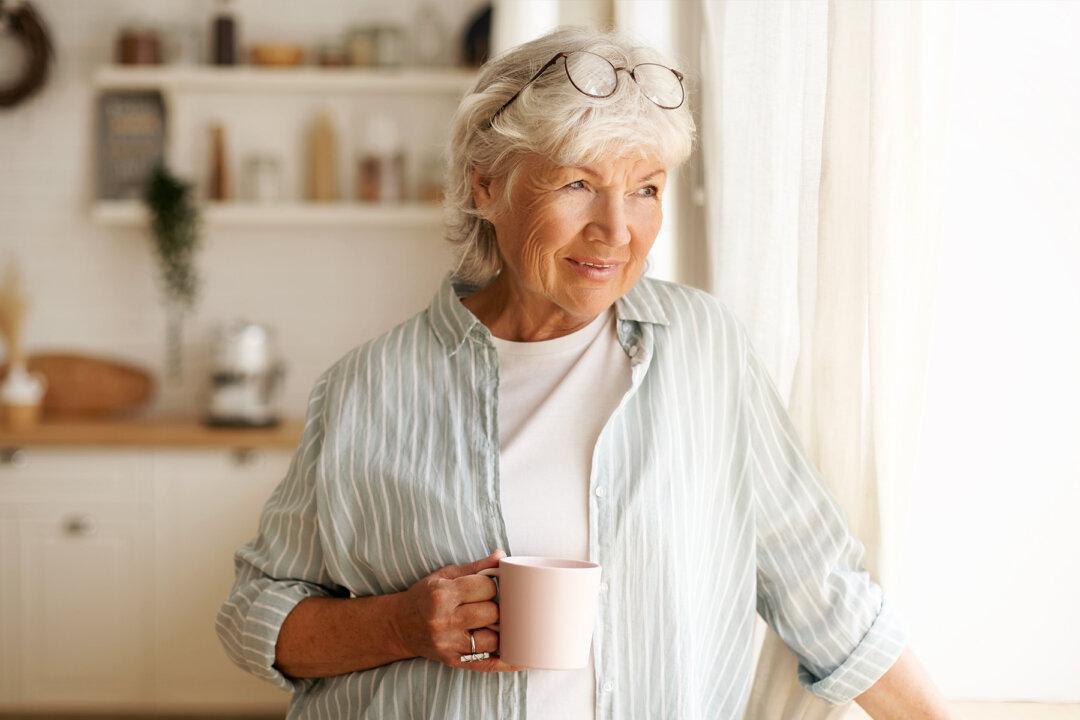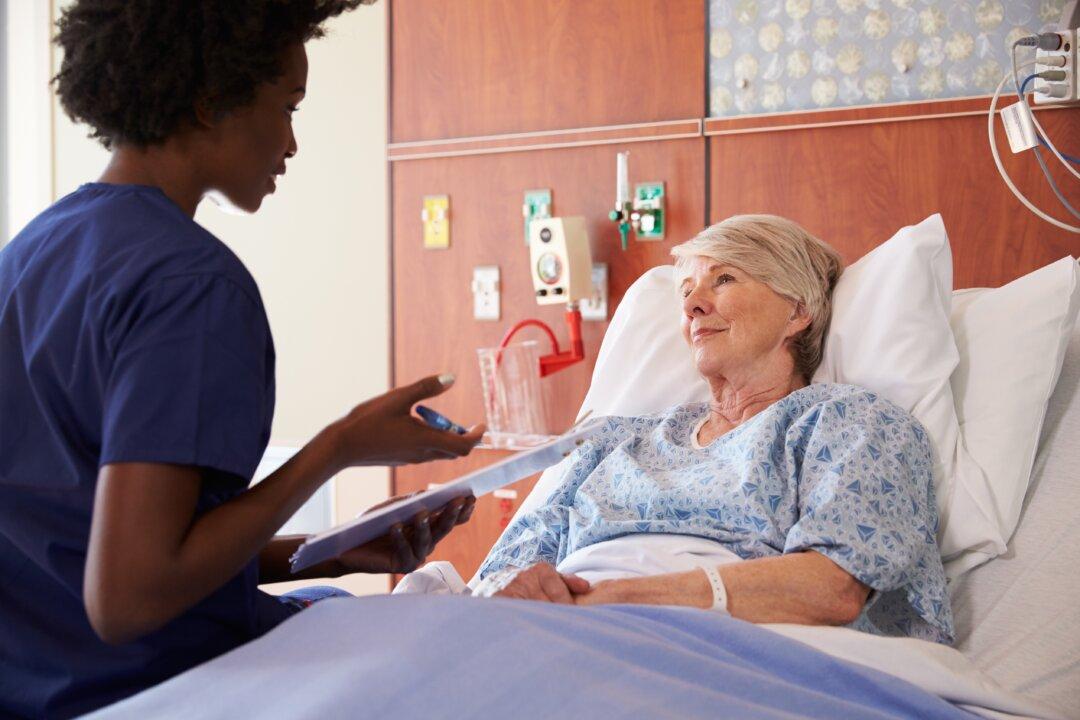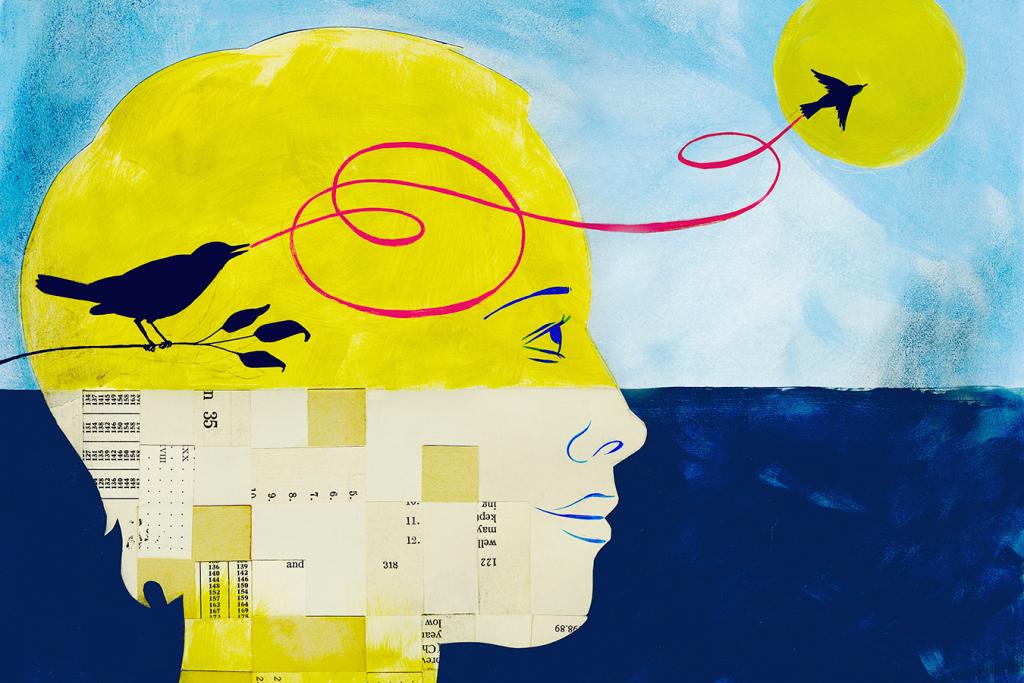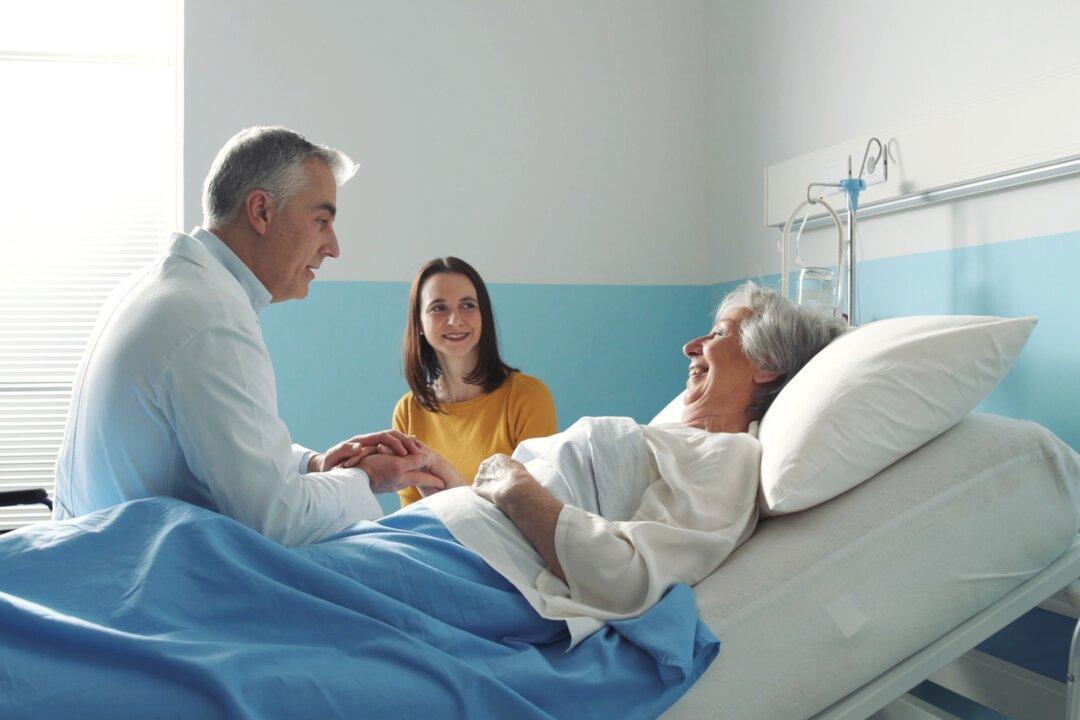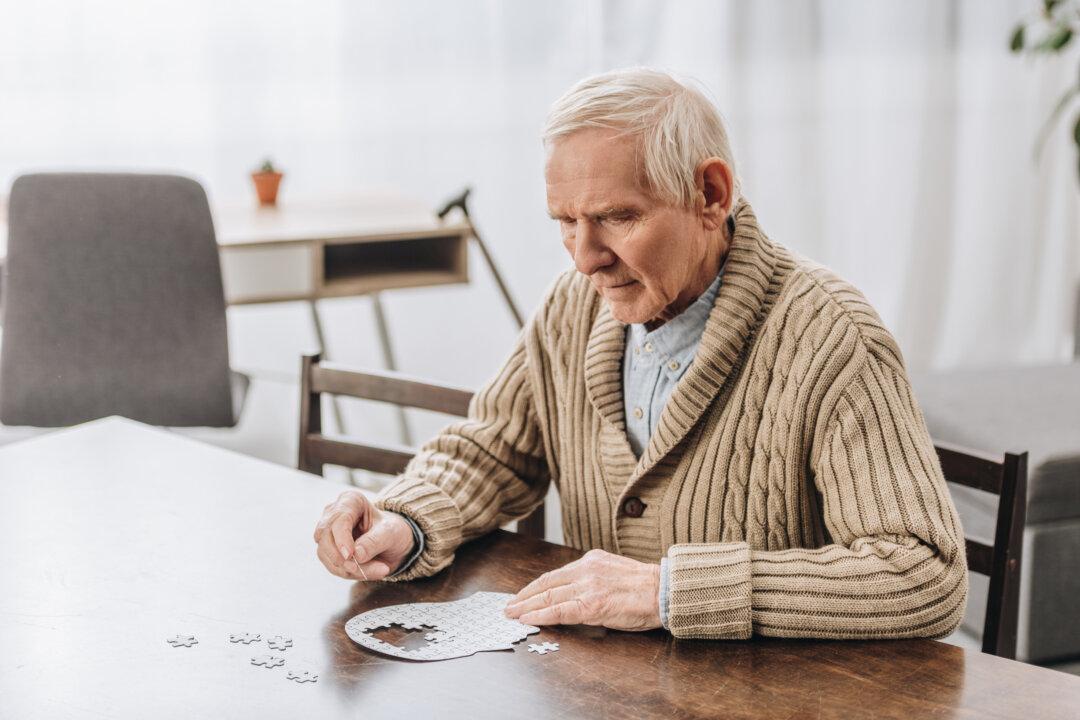She knew it wasn’t a good idea and her daughter would disapprove. Nonetheless, Barbara Figge Fox, 79, recently went to four stores in Princeton, New Jersey, to shop for canned goods, paper towels, fresh fruit, yogurt, and other items.
“I was in panic mode,” said Fox, who admitted she’s been feeling both agonizing fear and irrational impulsivity because of the coronavirus pandemic.

